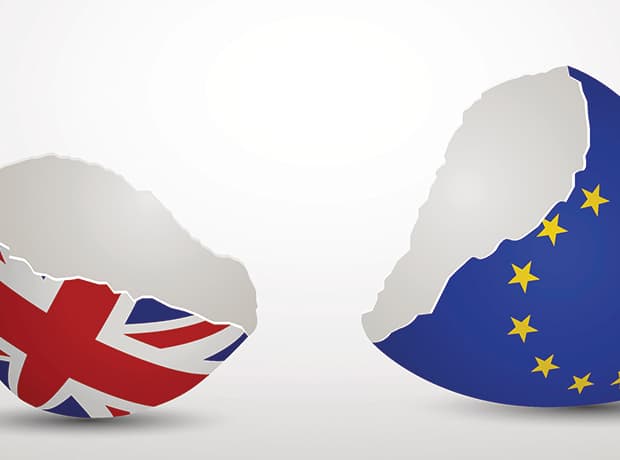In the event that the UK fails to reach a deal for Brexit there would be “substantial problems” for the NHS, warns a new analysis by independent think tank The Nuffield Trust.
Leaving without a deal would risk a “chaotic disruption” to the medicines supply chain, and a rise in prices that would push hospitals deeper into deficit, according to its briefing, How will our future relationship with the EU shape the NHS?.
It would also obstruct vital procedures provided across the border between Northern Ireland and the Republic of Ireland, and “risk forcing tens of thousands of pensioners to return to seek care in an NHS which has no room for them.”
Furthermore, the report states that even with an exit deal, the failure to agree trade and co-operation arrangements could “slow down access to cutting-edge treatments, worsen the risk of vital supplies decaying at the border, and damage medical research in several ways”.
Such deals will also be essential to ensure that British scientists and doctors can keep working as much as possible with European programmes, like Horizon 2020, which it notes has streamed some 420 million Euros into British health research.
“For many things – from medicine regulation to the rights of NHS staff – there is a way through if deals can be secured. But if negotiations collapse entirely or if political red lines get in the way of future co-operation, patient care will suffer,” noted report author Mark Dayan, Nuffield Trust.
On the plus side, the report does highlight some areas where there could be room for greater flexibility after Brexit, such as the opportunity to free-up current restrictions doctors hours under the Working Time Directive, or removing elements of competition law currently restricting collaboration between NHS organisations.
Parallel trade loss
The briefing was published just days after the Healthcare Distribution Association (HDA) submitted evidence to a Health Select Committee inquiry on Brexit, warning that any disruption to the cross-border flow of medicines has the potential of placing patient safety at risk.
It also emphasised that a so-called ‘hard-Brexit’ and departure from the single market would disable the UK’s right to parallel trade across the European Economic Area (EEA), with an almost immediate impact on patient access to medicines in the UK.
According to the HAD: “There is indeed a higher likelihood of an increased risk of medicine shortages in the UK in the short-term at least, as manufacturers adjust their forecasting, which is often undertaken well in advance of supply. This is because medicine distributors would no longer be able to import vital medicines from the rest of the EEA to service the changing, short-term needs of British patients.
“Moreover, without parallel imports the medicines supply chain will potentially become less resilient in the long term. However good demand forecasting is, there will always be unexpected supply issues, which, without parallel imports, will be harder to address as there will be no way of sourcing product from the EEA to cover the availability gaps.”
The loss of parallel trade would also mean the loss of the direct savings the mechanisms currently affords the NHS, which during the period 2004 – 2009 equated to 986.2 million Euros. “As a result, there is a distinct potential for price rises in NHS medicines as a result of the loss of parallel trade.”










